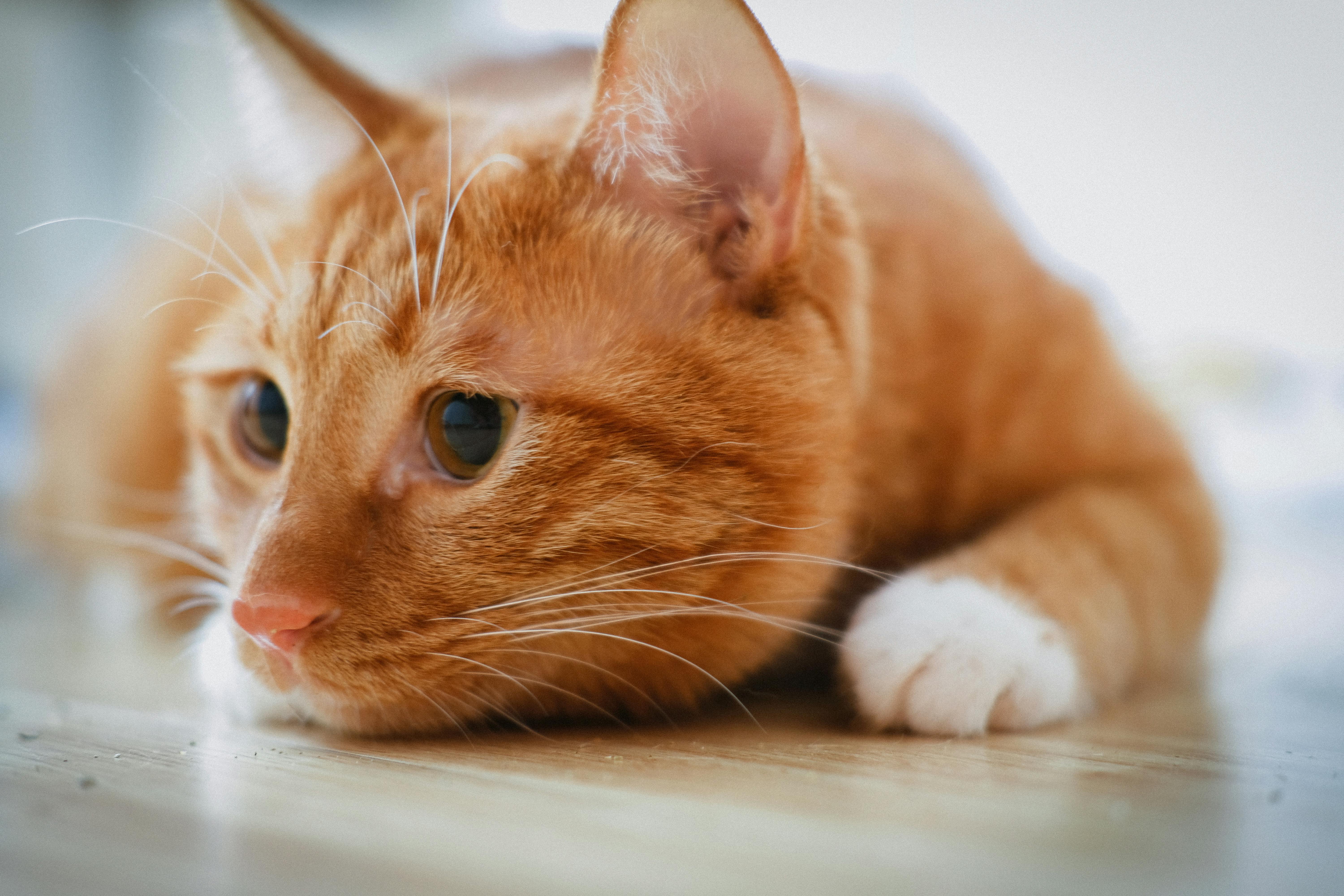For the Purrbabies


Want to keep your apartment fresh when you have a four-legged roommate? We have easy tips to help.

If you live in an apartment and have a pet, there’s a good chance that your living space doesn’t always smell amazing thanks to unexpected potty accidents and old toys. Thankfully, getting rid of pet odor can be a simple process.
There are some universal potty training best practices for dogs, like building in lots of breaks, using positive reinforcement, and choosing a designated potty spot. Cats should be taught how to use a litter box. While no pet is perfect, most of the worst smells come from potty accidents, so working extra hard on training will go a long way in keeping your apartment clean.
👉 If your house-trained pet starts having accidents, a vet visit is in order. It may be behavioral, but it may also signal an infection. Use an enzymatic cleaner, like Nature’s Miracle, to effectively clean it up.
If your pet goes to the bathroom indoors, you need to properly dispose of their waste. For dogs you should always have poop bags on hand and throw their waste in a trash can outside of your apartment. Not even the best poop bags will keep that smell out of your living space.
For cats, this means regular and thorough cleaning of their litter box (and having enough—one per cat, plus an extra). That means daily scooping of your cat’s waste and any urine-soaked litter, a partial litter change every 1-2 weeks, and fully emptying and cleaning the litter box every 2-4 weeks. You can also invest in an automatic litter box to make the process quicker. These can be a big investment, but our recommendations are:
It’s easy to let weeks pass between cleanings and not realize that things have gotten out of hand, but giving your space a regular scrub down can prevent pet-related smells from lingering. Creating a weekly schedule for things like sweeping, mopping, vacuuming, dusting, and sanitizing will do wonders for avoiding a stinky living space.
When you do the laundry, don’t forget to throw your pet’s bedding and plush toys in there, too — even they will appreciate the fresh smell of clean belongings. But be sure to use pet-safe detergent like Seventh Generation.
Even with the most potty-trained pets, accidents happen. Keep your apartment well stocked with pet-safe cleaning supplies so that if your furry companion slips up, you can quickly clean it up and avoid lingering smells. What’s great is that many household ingredients can become super cleaners so even if you don’t have specialty items on hand, you can clean in a pinch.
But if you prefer more standard cleaners, we recommend:
When dealing with messes caused by highly contagious diseases, these solutions won’t be enough. Speak to your vet to learn the best way to sanitize for illnesses like parvovirus.
Fresh air can do wonders for the smell of your apartment, so don’t be afraid to crack the windows open and let the breeze in. If you’re worried about your pet falling or running away, you can put screens in your windows or gates to block their access. You might not be able to let in fresh air depending on your location, so instead you can consider using a compact air purifier.
Odor neutralizers and air purifiers are another great way to keep unwanted smells at bay. Odor neutralizers interact with odor-causing compounds and break them down to eliminate the smell, while air purifiers actively filter and cleanse the air by trapping and removing stinky particles. If you decide to get a purifier, be sure to change it regularly so it can do its job effectively. It’s important to remember that just because something is safe for you, it may not be for your furry friend.
“Be careful with essential oils, many are toxic to pets. Also, some pets may be sensitive to other scented products as well.” - Dr. Liza Cahn
Some medical conditions can cause your pet to smell. Periodontal disease and a wide range of yeast and bacterial infections can all emit unpleasant odors, but if you notice any unusual smells emerging from your pet, get in touch with your veterinarian as soon as possible so they can help diagnose and treat the condition.
“Depending on the source, foul odor can be a symptom of several common medical conditions, including ear infections, dental disease, and systemic disease such as diabetes or kidney failure. Anal gland issues, such as impactions or infections, can also cause a fishy smell.” - Dr. Liza Cahn
Grooming helps prevent the accumulation of dirt, oils, and dander that can contribute to unpleasant odor and helps control shedding. Try to keep your pet on a regular grooming schedule and give them baths at home as needed (this can include cats, too!) to reduce the likelihood that these odor-causing particles are dispersed around your home.
At the end of the day, just because you have a pet doesn’t mean your home has to smell like it. Incorporating these simple tips will go a long way in keeping your living space smelling fresh and clean.








